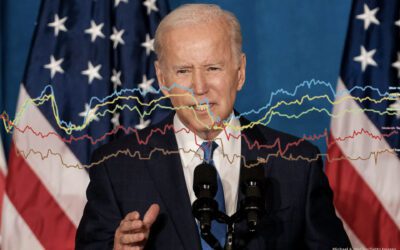Report on national survey of 2014 electorate
Whether we are at a tipping point in the 2014 election depends, first, on whether Democrats can get to a strong economic message– and next week we will be releasing our results on the women’s economic agenda. But it will depend further on whether the Affordable Care Act – now at a tipping point – is embraced with enthusiasm by its natural base of supporters and whether they become willing to defend its benefits against the threat of repeal at the ballot box.
The Republicans have bet heavily on Obamacare’s unpopularity, but that misreads the public’s views on the Affordable Care Act. The latest national survey by Greenberg Quinlan Rosner for Democracy Corps and Women’s Voices Women Vote Action Fund finds evidence that prompts us to urge the political class to re-examine its assumptions about the Affordable Care Act and about this being a Republican year.
This is a base and genuine turnout issue for Republicans, but public judgment about the new law is dynamic and moving and could come to haunt the Republicans. Support for the law is rising, particularly among Democrats and minority voters. Only a minority is opposed because this is big government and only a minority wants to repeal the law.
But to counter Republican intensity and turnout in this off-year, Democrats will have to feel just as strongly about the risks of repeal and the loss of benefits. In this poll, we find that a message on the really positive changes that would be lost if the law were repealed gets attention with these off-year voters – who do respond with heightened intensity. With more than 7.1 million successfully signing up through exchanges, voters could be at a tipping point – and Democrats need to making the right case.
That could impact turnout on the Democratic side and should prompt the political class to re-consider many of the dominant assumptions about the ACA and the 2014 election.
Key Findings
- Just 44 percent now clearly oppose the Affordable Care Act because it goes too far. By a 9-point margin (54 percent to 44 percent) voters support the ACA or wish it went further.
- Democratic base voters had displayed some ambivalence about the law—but because they worry that it does not go far enough. Support is very high with the Rising American Electorate, probably the greatest beneficiaries of the law – but enthusiasm is a little tempered by uncertainty and a preference for changes that would have reduced the role of private insurance companies. As the law’s benefits become more visible, these voters may become more engaged to defend the reforms at the ballot box.
- By significant margins, likely 2014 voters want the law implemented and fixed rather than repealed and replaced. By a 9-point margin (53 percent to 44 percent), likely voters say implement the law rather than repeal it. These margins are much bigger among Democratic base voters—especially minorities, but including young people—who have been central to the public debate about the law’s successes and failures.
- Most importantly, a Democratic message saying the law needs fixes but makes critical changes and offers major benefits bests the Republican message crafted by Resurgent Republic – the conservative counter-part to Democracy Corps. Likely voters choose this Democratic Affordable Care Act message over the Republican offer by 5 points. Critically, the Rising American Electorate favor Democrats’ message in this debate by 22 points, and do so with real intensity (half say they strongly favor this message over the Republican alternative).





